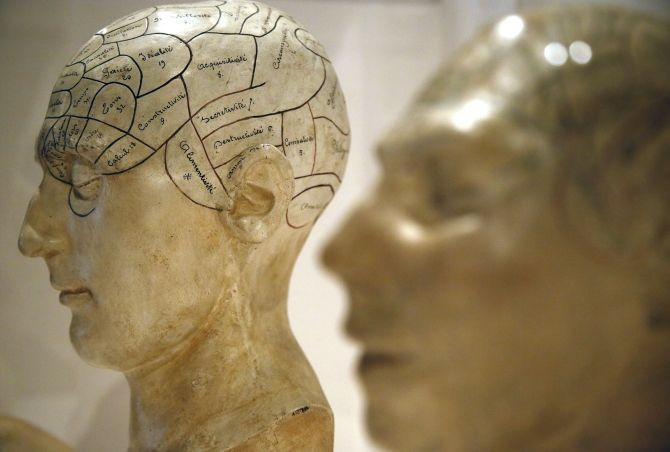New Drugs Targeting Brain Cells Could Block Traumatic Memories

Researchers are looking deeper than neurons to understand how the brain and memory work. In a few years, astrocytes may be targeted to block traumatic memories or help treat Alzheimer's disease.
Neurons are an integral part of the brain and help transmit information from the brain to the body. The neurons are assisted by astrocytes and these cells were believed to do nothing more than collect waste and help neurons do their job faster. Researchers are now just beginning to understand how important astrocytes may be to our memory.
The research was led by Jimmy Stehberg, PhD, from the Neurobiological Lab in the Universidad Andres Bellow and was a collaborative effort with Ghent University and Catholic University of Leuven in Belgium. The international team of researchers wanted to see what role astrocytes played in memory.
Astrocytes have a structural purpose in the brain and make up more than 85 percent of all cells within the brain. The researchers developed a chemical compound that prevented an astrocyte connecting channel that they hypothesized played a role in memory, and in particular, fear memory.
The compound was injected into the brain of mice that had previously experienced some trauma while other mice that also experienced trauma were not injected with the compound. For the mice that were injected with the compound, there was no physical or mental response to the traumatic experience while the mice that were not injected had mental and physical signs of stress.
The researchers believe that astrocytes, in addition to neurons, play a role in memory formation. The compound that blocked the astrocyte channel prevented memory from becoming permanent, called memory consolidation. By focusing on blocking astrocytes, new treatments could be developed that could prevent short-term memories from becoming lasting memories.
The researchers believe that targeting astrocytes could pave the way for new medications that block traumatic experiences from becoming memories. New drugs could be developed to help treat post-traumatic stress disorder. Other research could focus on what role astrocytes play in other psychiatric disorders that affect memory. Researchers could see if there are ways to repair or open up astrocyte channels to treat a condition such as Alzheimer's disease.
The study was published in the FASEB Journal.



























